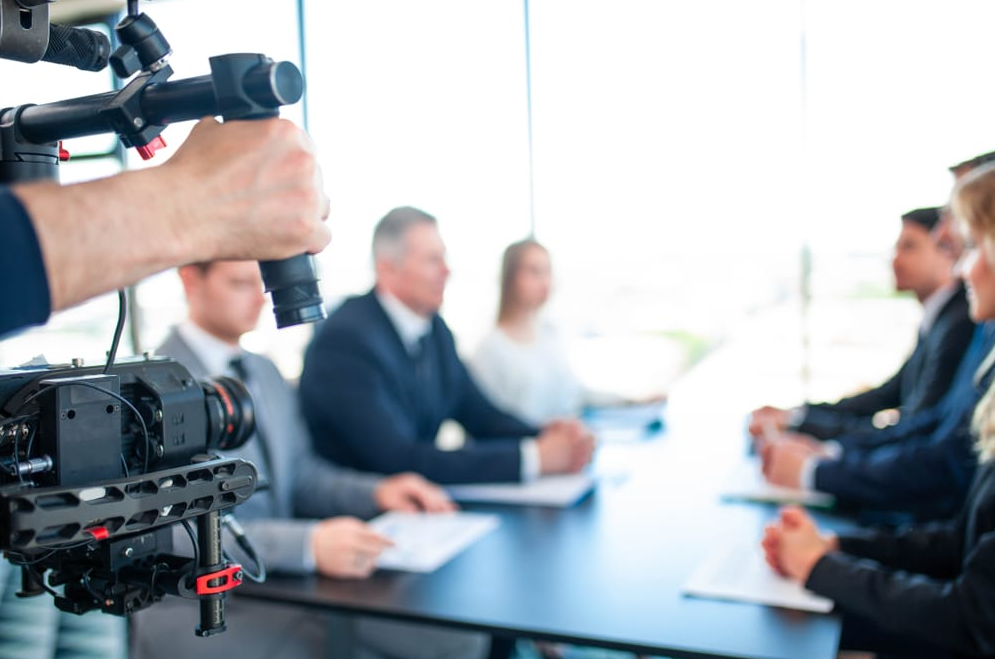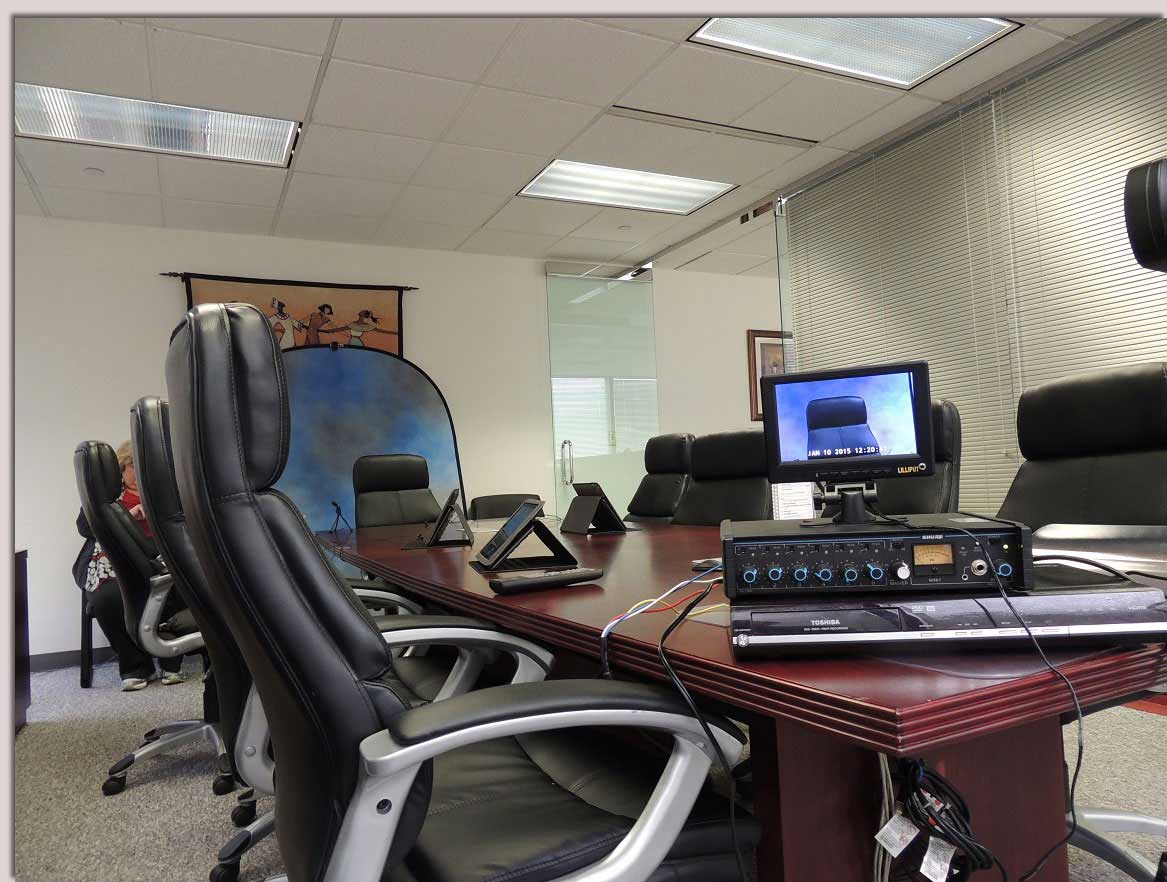Advanced Legal Videography Services for Legal Professionals.
Advanced Legal Videography Services for Legal Professionals.
Blog Article
The Duty of Lawful Videography in Depositions and Trials
Legal videography has actually emerged as an important tool in both depositions and tests, supplying a diverse technique to documenting witness testaments. As legal professionals progressively identify its value, it motivates a much deeper examination of just how these aesthetic documents can affect juror understandings and trial end results.

Relevance of Legal Videography
Lawful videography plays a pivotal role in the documentation and discussion of depositions and trials. This customized field combines technological skills with lawful knowledge to produce a trusted document of procedures that can considerably affect situation outcomes. The visual facet of legal videography enhances the understanding of witness testimony, permitting jurors and judges to observe not just the talked words but likewise the demeanor, emotions, and body movement of the witnesses.
Furthermore, legal videography provides an objective account of events, decreasing the possibility for misinterpretation that can accompany created records alone. This aesthetic paperwork functions as a crucial tool throughout trial discussions, helping with a more clear and more influential story for both complainants and accuseds. In addition, the ability to replay video sections throughout court proceedings makes it possible for legal teams to emphasize key factors, strengthening their disagreements effectively.
The relevance of lawful videography prolongs beyond the court; it additionally plays an important duty in maintaining evidence for future recommendation, whether for charms or more legal activity. Therefore, its combination into the lawful procedure is vital for making certain a fair and accurate depiction of the facts, ultimately contributing to the pursuit of justice.

Process of Legal Videography
While recording the subtleties of depositions and trials, the procedure of legal videography includes several critical steps that guarantee premium, accurate recordings. A professional legal videographer prepares by examining the case products and comprehending the certain needs of the deposition or test. This prep work consists of acquainting themselves with the participants and the context, which assists in recording relevant details.
On the day of the recording, the videographer establishes the required equipment, which normally consists of high-def cams, microphones, and proper lights. Guaranteeing ideal angles and audio quality is crucial, as it directly affects the effectiveness of the recording. The videographer connects with lawyers and participants to develop methods, making sure that everyone understands the recording process.
Throughout the deposition or trial, the videographer carefully tape-records the process, paying attention to both verbal and non-verbal signs. This consists of catching the demeanor and reactions of witnesses and lawyers. After the session concludes, the videographer may edit the video footage for quality and conformity with legal requirements, generating an end product that properly mirrors the proceedings for future reference and usage in legal contexts.
Benefits in Depositions
The consolidation of videography in depositions supplies countless benefits that enhance the overall process of gathering proof. One main advantage is the ability to catch witness testimonies with visual and acoustic fidelity, providing a more accurate representation of the witness's disposition, tone, and body movement. This multidimensional technique allows lawyers and courts to analyze integrity better than traditional written transcripts alone.
Furthermore, videographed depositions work as an effective device for preserving statement. Should a witness become inaccessible for trial, their videotaped deposition can be played in court, making certain that click now their proof continues to be easily accessible and pertinent. This facet considerably lowers the threat of losing important info that might impact instance end results.

Finally, videography improves the general professionalism and reliability of the deposition process, instilling self-confidence in clients regarding the thoroughness of their lawful representation (legal videography). By leveraging technology, attorneys can dramatically boost the efficiency of depositions
Effect On Tests
In numerous trials, the integration of videography can considerably affect the discussion of proof and the jury's understanding. Lawful videography records witness testaments and essential proof in a dynamic layout, allowing jurors to engage with the material on several levels. This visual component enhances the storytelling element of a test, supplying context and emotional resonance that conventional text-based proof might do not have.
Furthermore, video recordings can act as powerful tools for impeachment throughout interrogation. When discrepancies arise in between a witness's previous declarations and their courtroom statement, video proof gives an objective reference that can sway jurors' opinions. This immediacy and clearness can strengthen the reliability of a party's narrative while all at once weakening opposing arguments.

Future Trends in Legal Videography
As we look towards the future of lawful videography, a number of arising trends assure to reshape its role within the courtroom. One significant fad is the assimilation of synthetic intelligence (AI) in video evaluation and editing. AI can streamline the process of identifying key moments in taped depositions, permitting attorneys to quickly access view website relevant content, thereby improving performance in instance preparation.
Additionally, the surge of digital fact (VIRTUAL REALITY) and augmented fact (AR) innovations is expected to change how jurors experience proof. legal videography. By immersing jurors in a substitute atmosphere, these innovations can give an extra profound understanding of complex situations, resulting in even more informed deliberations
Furthermore, the raising need for remote depositions, sped up by the COVID-19 pandemic, will likely continue. Lawful videographers will require to adjust to new software program and platforms to make certain high-quality recordings in digital setups.
Last but not least, the expanding emphasis on data safety will necessitate more stringent protocols for storing and sharing video clip proof. As the legal landscape progresses, lawful videographers have to stay abreast of these trends to preserve their relevance and effectiveness in the judicial procedure.
Verdict
In summary, lawful videography serves a critical feature in the judicial process, enhancing the integrity of depositions and tests. As modern technology continues to evolve, lawful videography is positioned to additional transform its duty within the legal landscape.
Report this page